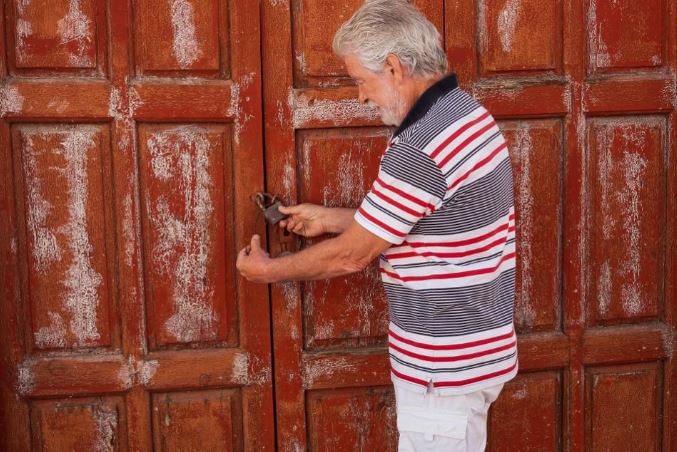
Is there anyone out there who has not fantasized about living in another country for a few years? I certainly have. I still think about what it would be like to live closer to the equator, where year-round tropical breezes lull me into a state of calm and relaxation that I can never get in the northern latitudes. A lower cost of living can also be a tempting lure and many countries offer that possibility.
The precedent has been set. More than a half million Americans over the age of sixty-five now have their Social Security payments mailed to addresses outside the United States. Life abroad can be particularly appealing to those who don’t have to worry about seeing grandkids grow up.
AARP did a study in 2010 to find the “best” places to retire abroad. The criteria were simple: good-to-excellent health care, attractive locale, affordable, and safe and hospitable to older Americans. The following locations made the short list (in no particular order):
Buenos Aires, Argentina
Corozal, Belize
Central Valley, Atenas, Costa Rica
Languedoc-Roussillon, France
Le Marche, Italy
Puerto Vallarta Region, Mexico
Granada, Nicaragua
Boquete, Panama
Cascais, Portugal
Costa del Sol, Spain
There are many other enticing locations, especially in the Western Hemisphere. Mexico seems to be the destination of choice for many California expatriates. San Miguel de Allende and Lake Chapala, near Guadalajara, both have large expatriate communities, as do the coastal towns of San Jose del Cabo, Puerta Vallarta, Mazatlán, and others. Friends and colleagues I have visited seem quite happy and content in their new countries.
Because Medicare does not cover expatriates, the biggest concern I hear from people over 65 considering life in another country is the quality of the health care they would receive. According to International Living, almost every country outside the U.S. has some sort of national health plan that offers universal coverage, which includes foreigners with resident visas. The plans vary considerably from country to country but they are available and worth checking out.

Most other countries have dual health care systems: public and private. The private health care system operates outside and in parallel to the public system. In many cases one can buy private insurance that covers treatment through the private health care system. Many doctors provide services through both systems, working in the public clinics and hospitals while maintaining a private practice as well.
The important thing to understand about health care abroad is that it is generally MUCH less expensive than in the U.S. and many expatriates just pay out-of-pocket into the public or private system as they need it. A good way to better understand the health care system in the country where you are contemplating retirement is to explore it online. The online magazine, “International Living,” provides information about health care in dozens of locations in Europe, Central America, South America, Asia, and Oceania (Australis & New Zealand).
If you have done much traveling outside the United States, you know that other cultures have very different attitudes about timeliness, cleanliness, truthfulness, and what constitutes “the good life” than what most of us subscribe to in this country. As an ex-patriate, you will need to be the one to bend and change because you won’t change their culture and will get very frustrated if you try.
Before you pick up and move anywhere, try living there for a few months before you make any hard and fast decisions. Hasty moves can be devastatingly ill-advised.
By Dr. Sara Zeff Geber, Ph.D., CRC
www.SaraZeffGeber.com
Read more from Sara by purchasing her book : Essential Retirement Planning for Solo Agers.



